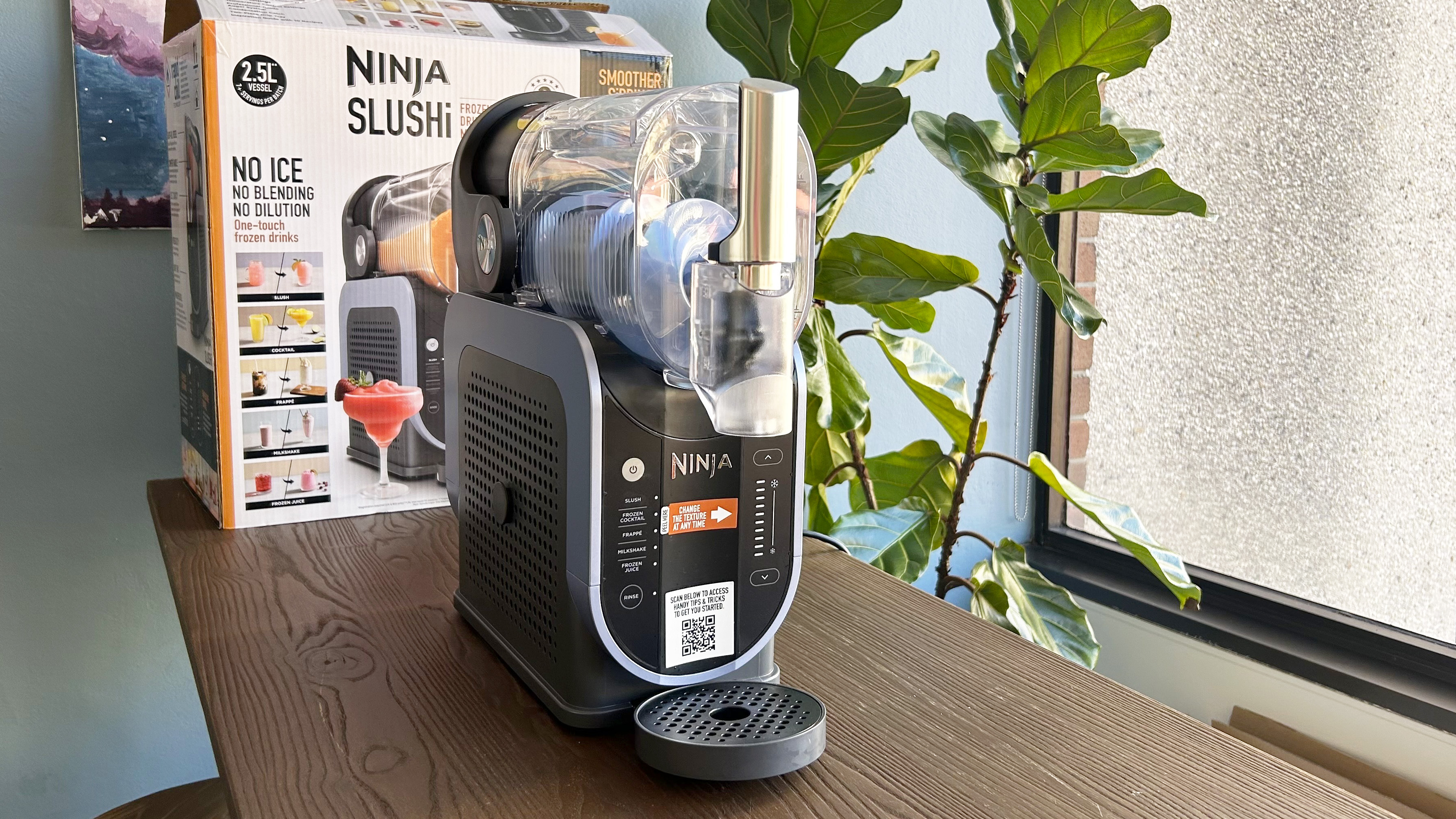Best NBN providers: 10 popular Australian telcos compared
How does your NBN provider measure up?
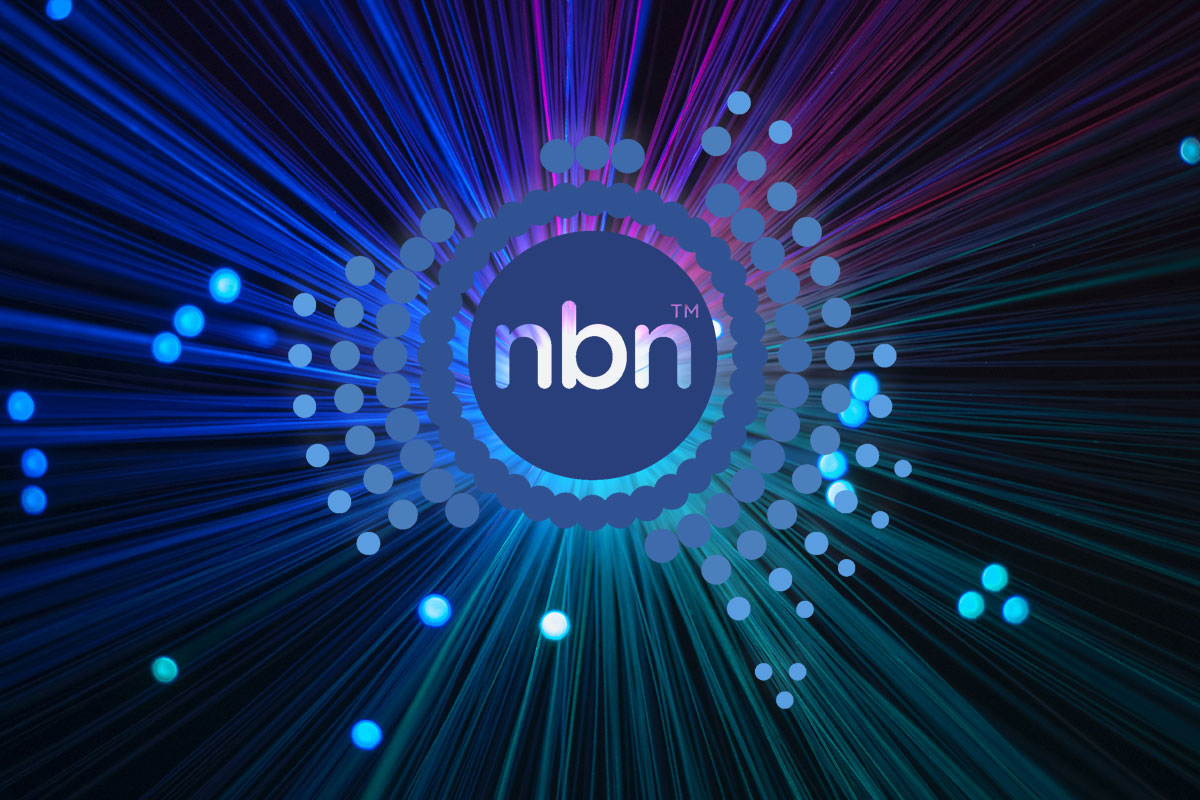
Finding the best NBN provider for your home or business can be tough, as there are plenty of great telcos out there. When choosing the right telco, there are some key defining factors worth considering, including connectivity, location, and price points. And what may be the "best" in your opinion may differ greatly from someone else’s definition of an ISP that works well for them.
Here at Tom’s Guide, we consider two main factors when determining the best NBN providers: download speeds — especially during the busy evening hours — and monthly costs. With these checked off, we can start looking at customer service and any extras you might get thrown in for free with your chosen NBN plan.
As for speeds, NBN providers will often advertise the typical evening speed you’ll likely achieve before you sign up. These speeds are a key indicator of the top speeds you’ll reach during the evening hours of 7pm to 11pm. The Australian Competition & Consumer Commission (ACCC) quarterly reports disclose whether select internet service providers (ISPs) meet, exceed or fail to reach advertised speeds across different tiers.
NBN providers generally deliver on their promises of speed, which means the next most important factor in your buying decision is the monthly cost. Remember, the big three telcos of Telstra, Optus, and TPG aren’t your only options, and some of the best NBN plans could be more affordable than you think.
To help give you a clearer depiction of the current NBN landscape, we’ve put together this guide, in partnership with WhistleOut, comparing the top 10 most popular NBN providers in the country. These ten providers are either established household names or are on their way to becoming one, and we’ve also included a couple of much smaller telcos with plenty to write home about.
1. Aussie Broadband
Why you can trust Tom's Guide

• NBN 12 – NBN 1000 speed tiers
• Incredibly well-rated customer service
• Consistently good evening speeds
• Customers have the ability to customise plans to suit usage and/or budget needs
If a local, incredibly helpful customer service team is one of the most important factors for you when deciding on an NBN provider, then Aussie Broadband absolutely needs a mention. With over 6k glowing five-star reviews on ProductReview, you can be practically guaranteed a stellar service. Plus, the actual NBN service provided by Aussie Broadband is a decent one too.
The ACCC did find that the telco delivered 99.6% of plan speeds during the busy evening hours in its most recent report, but if your home can support an Ultrafast NBN connection (capable of delivering a theoretical 1,000Mbps), Aussie Broadband is well worth considering, since it advertises typical speeds of 875Mbps (some of the fastest in Australia).
Aussie Broadband also offers some of the best NBN plans for gaming, and can even show you how the network is performing in your area so you can determine how well it will support your online gaming sessions.
It is fair to say, however, that Aussie Broadband's NBN plans do veer towards the more expensive end of the budget scale, but considering you should get a service that works (and has incredible support if it doesn't), then it's a worthwhile investment in our opinion.
• Read our full Aussie Broadband review
2. Exetel
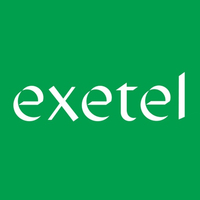
• NBN 25 – NBN 1000 speed tiers (Exetel classes it as NBN 500)
• Consistently good plan speeds
• 5 free My Speed Boost days per month
• Competitive pricing
Exetel is one of our favourite NBN providers here at Tom’s Guide. Not only does it offer competitive pricing across all the NBN speed tiers and consistently good speeds across all hours and in the evening, but we love its Speed Boost Days feature. This lets you boost your NBN speed to the next available tier for 24 hours. You get five free Speed Boost Days each month, but Exetel allows them to be rolled over into the next month if you don’t use them. You can bank up to a maximum of 30 days, and you also have the option of purchasing extra Boost Days, should you need them, for AU$2 each.
Exetel was recently knocked off the top spot for download speed by Launtel, and in the ACCC’s latest report, delivered 102.8% of plan speeds across all hours. It also managed 102.0% of plan speeds during the typical busy evening period.
Customer support does receive a mixed response based on customer reviews, and we don't think the telco's Ultrafast plan presents particularly good value (we explain why in our review) but on the whole, Exetel consistently ranks among our favourite NBN providers.
• Read our full Exetel review
3. Buddy
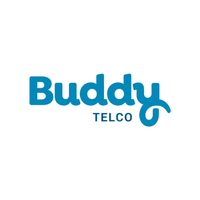
• NBN 25, 50, 100 and 1000 plans
• Low prices for premium network infrastructure
• Great introductory offers
As a subsidiary of Aussie Broadband (ABB), Buddy Telco launched as a budget-focused brand that delivers a no-frills approach to NBN plans. Buddy only made its official debut into the internet landscape last year, but it’s already shaking things up by offering the second-cheapest NBN 1000 plan on the market.
Much like similar offshoot providers — Telstra-owned Belong is another example — Buddy uses its parent company’s core infrastructure, meaning you get Aussie Broadband’s renowned network coverage, speeds and optimisations, but in a much more affordable package. In simple terms, Buddy costs less than ABB but delivers the same benefits, making it all the more appealing for those with tighter purse strings.
But Buddy does come with a minor catch — the telco has no telephone customer support, so consumers need to log requests through an AI-powered live chat. However, if you do need human assistance, you can request it through the telco's app or a browser.
4. Tangerine
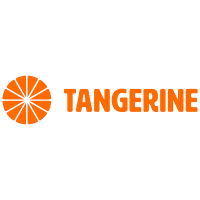
• NBN 25 – NBN 1000 speed tiers available
• Some of the most affordable NBN plans
• Excellent customer service
If you’re a budget-conscious consumer, then Tangerine has to be one of your first ports of call when shopping around for a cheap NBN plan. The telco regularly offers unbeatable value across a variety of NBN plans and promises speeds that match, or come close to, what you should be able to achieve. Its NBN 25 and 50 plans, for example, promise those exact speeds.
One of the key selling points of a Tangerine NBN plan is its great customer service, with options to call or text a Tangerine representative in Australia. The telco used to offer a free 14-day trial of their NBN services, but that has since been scrapped for new customers.
• Read our full Tangerine review
5. Spintel
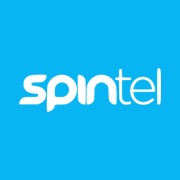
• NBN 25 – NBN 1000 plans available
• Multi-award-winning provider
• Congestion-free speeds on NBN 50 and NBN 100
• Affordable
SpinTel has been one of our top NBN providers as of late, due to both its impressive pricing and quality of service. Indeed, across the NBN speed tiers it offers (NBN 25 to NBN 1000), SpinTel can regularly be found at the more affordable end.
And, when you consider that SpinTel has for some time promised congestion-free speeds, you can be assured the speed you pay for is what you’ll get. Aside from this, many customers have praised Spintel’s customer service, with over 4,000 five star reviews online.
Right now, SpinTel has the cheapest high-speed plans for both NBN 250 and NBN 1000 speed tiers. You can check them out in the widget below.
6. TPG
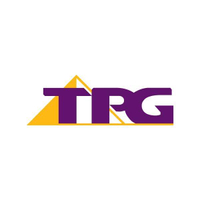
• NBN 12 – NBN 1000 speed tiers covered
• Low cost for TPG-supplied modem. Rebate if you buy your own.
• Performs well in broadband speed tests
• Affordable pricing
TPG is the last of Australia’s major telcos and has merged with Vodafone. However, the two ISPs still operate separately, although they do offer similar services. There isn’t much to fault TPG — the NBN plans offered are affordable and they deliver a reliable service with consistently good speeds, achieving 102.5% during busy hours and 103.1% during all hours of the day in the latest ACCC report published in March 2025.
TPG doesn’t tend to offer much in the way of additional perks, compared to Telstra and Optus, although its introductory offers are usually attractive and the modem fee of AU$110, including delivery, is one of the cheapest going.
Read our full TPG review
7. Superloop
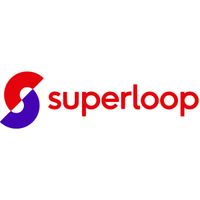
• NBN 25 – NBN 1000 speed tiers (Superloop classes its top tier as NBN 500)
• Owns its own infrastructure, resulting in more consistent speeds
• Good value for superfast NBN plans
Superloop burst onto the Australian broadband scene in 2019, promising super-fast speeds since it had its own infrastructure to deliver NBN to homes. It also promised such speeds without a high price tag, instead being very competitively priced. A few years on, Superloop continues to be an attractive option for anyone wanting some of the fastest possible NBN speeds. In the latest ACCC data, the telco achieved 101.3% of speeds during all hours of the day.
The retail service provider (RSP) promises 250Mbps on its NBN 250 plan and 860Mbps on its NBN 1000 plan, putting it on par with several other, more expensive providers.
Read our full Superloop review
8. Optus
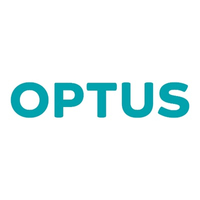
• NBN 50 – NBN 1000 plans available
• Delivers consistently fast download speeds
• Optus Sport available at a discount for Optus customers
• SubHub service to bundle subscription services together
• Modem has 4G backup
Optus shouldn’t need much introduction. As Australia’s third-largest telco (behind Telstra and the combined TPG group), it offers NBN plans around the country, with minimum speeds of 50Mbps. In the ACCC’s latest Measuring Broadband data report, Optus performed incredibly well, delivering 102.8% of plan speeds during all hours and 101.7% during peak hours.
If you’re into live sports or you subscribe to a variety of streaming services, Optus could be a good option for you too. The telco owns the rights to broadcast the English Premier League in Australia through Optus Sport (though you’ll need to pay a monthly subscription fee). You can also bundle several streaming apps under one account via the SubHub feature.
Optus has also recently launched its latest modem with Wi-Fi 6 technology and 4G backup included, should your fixed-line service drop out. However, it’s the cost of the modem that is the chink in Optus’ otherwise shiny armour. Optus will give you the modem for free, but only if you stay connected to its NBN service for 36 months. Despite its plans being contract-free, if you choose to cancel your plan before the 36-month period finishes, then you’ll need to pay off the remaining cost.
Most other NBN providers work on a similar model but give you the option of returning the modem within a specified timeframe to save paying any fees for it.
Read our full Optus review
9. Telstra
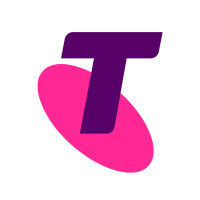
• NBN 25 – NBN 1000 plans offered
• Australia's largest telco
• Extra perks including free subscriptions to various services including Binge, Spotify, Kayo & Apple TV+
Telstra is the largest telco in Australia by market share, according to the ACCC’s most recent report. Telstra is a safe bet for Australians who want to connect to the NBN, as you’ll get a fast, reliable service. Telstra also offers several perks and can have some attractive introductory offers, such as free subscriptions to various streaming services.
Similar to Optus, Telstra’s modem provides 4G backup, ensuring you stay online should your fixed-line service drop out for whatever reason. Speeds on the 4G backup service are capped at 25Mbps.
However, it must be said that Telstra NBN plans are some of the more expensive on the market. And, now that smaller, more affordable ISPs deliver just as good, if not better, service than Australia’s number one, it certainly pays to shop around.
10. Flip

• NBN 25 – NBN 1000 plans on offer
• Plans starting at AU$39p/m
• NBN connections usually complete within 72 hours
Flip is an NBN provider we regularly recommend when searching for a new internet plan, due to it advertising maximum — or close to maximum — download speeds across its plans (up to 900Mbps NBN 1000), yet somehow managing to charge much less than more established names. If you’re looking for the cheapest NBN plans, Flip is a reliable bet.
Notably, its NBN 12 plan is perfect for single-person households, at only AU$39p/m for the first six months, before the price increases to AU$57.90p/m. Flip is also one of only a few providers to offer a seniors discount, which saves users 3% off regular plan prices and comes with the option to bundle a home phone call package. Flip has some pretty positive reviews for the most part, with customers valuing the customer service, affordability and easy set-up.
Sign up to get the BEST of Tom's Guide direct to your inbox.
Get instant access to breaking news, the hottest reviews, great deals and helpful tips.

Lucy Scotting is a digital content writer for Tom’s Guide in Australia, primarily covering NBN and internet-related news. Lucy started her career writing for HR and staffing industry publications, with articles covering emerging tech, business and finance. In her spare time, Lucy can be found watching sci-fi movies, working on her dystopian fiction novel or hanging out with her dog, Fletcher.
- Max LangridgeSenior Editor, Tom's Guide AU
